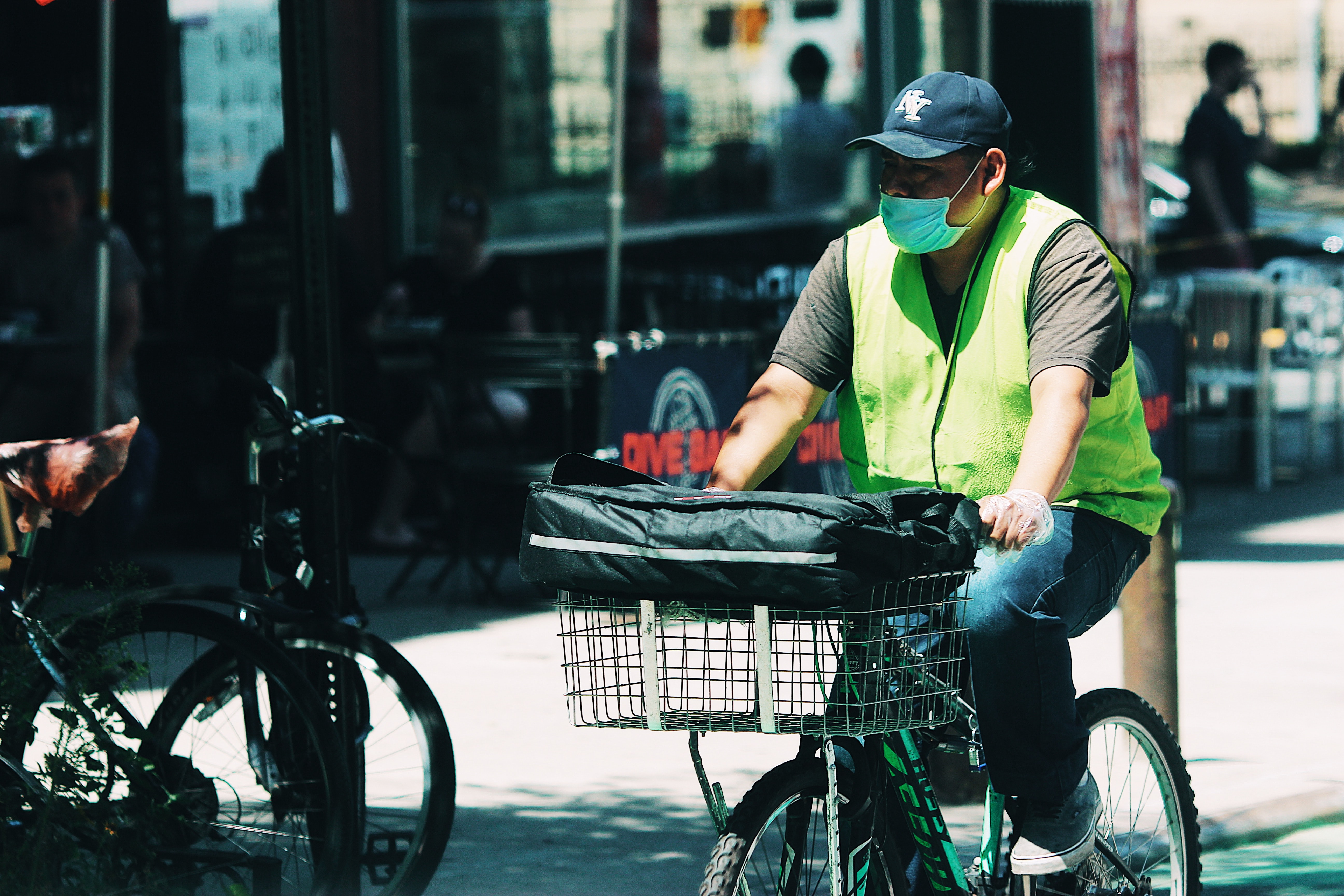The minimum wage in New Zealand is rising

Following from the government’s last term promise to raise minimum wages, from April 1 next year, New Zealanders will receive a minimum wage of $20 per hour. The Council of Trade Unions believe that the increase will help those Kiwis who are “working poor” and facing rent increases. The increase will provide $44 a week pay rise for close to 175,500 New Zealanders and will boost wages across the economy by $216 million. “The rise in the minimum wage is estimated to boost wages across the economy by $216 million, giving New Zealanders more money to spend at local businesses. Increases to the minimum wage can also promote productivity, which is good for businesses too,” Workplace Relations and Safety Minister Michael Wood commented.
Nevertheless, higher minimum wages also have downsides and IZA World of Labor contributor David Neumark has looked into what the evidence says about the correlation between increased minimum wages and fewer jobs.“[A] higher minimum wage discourages employers from using the very low-wage, low-skill workers that minimum wages are intended to help. A large body of evidence—although not all of it—confirms that minimum wages reduce employment among low-wage, low-skill workers. [M]inimum wages [also] do a bad job of targeting poor and low-income families. Minimum wage laws mandate high wages for low-wage workers rather than higher earnings for low-income families,” Neumark writes in his article.
Charlene Marie Kalenkoski has also explored the pros and cons of minimum wages and warns that they reduce entry-level jobs, training, and lifetime income. “When a minimum wage is imposed or raised, the hourly wage of young workers rises. However, employers respond to the increased hourly labor cost for young workers by reducing their hours of work, cutting jobs, or both. In addition, because more youths seek jobs at the higher wage, a gap is created between the number of jobs desired and those available. This gap is youth unemployment,” Kalenkoski writes in her article.
Now that New Zealand is recovering from Covid-19, Workplace Relations and Safety Minister Michael Wood has said that the Government is committed to supporting Kiwis by raising wages. As such, the starting-out and training minimum wages in New Zealand are also set to rise to $16 per hour, to remain at 80% of the adult minimum wage.
Read David Neumark’s article Employment effects of minimum wages and Charlene Marie Kalenkoski’s article The effects of minimum wages on youth employment and income.